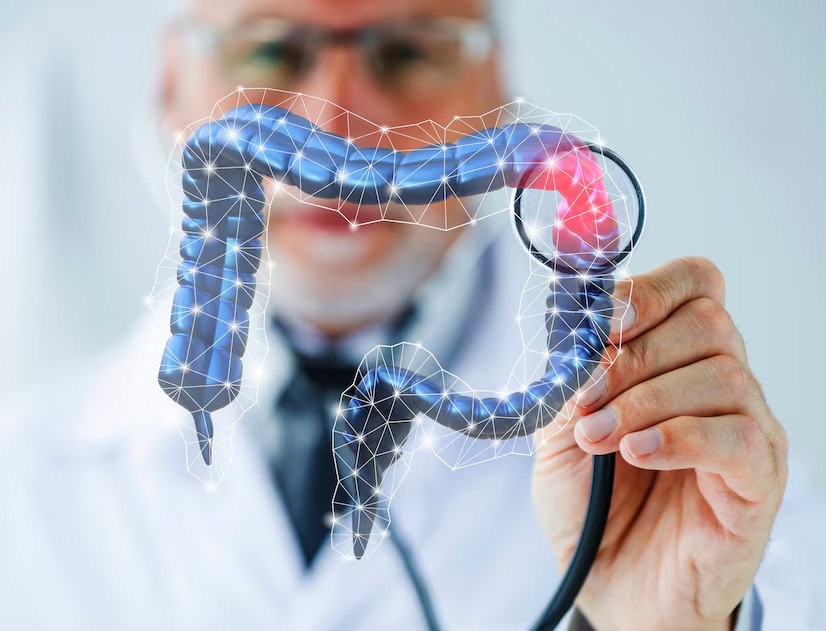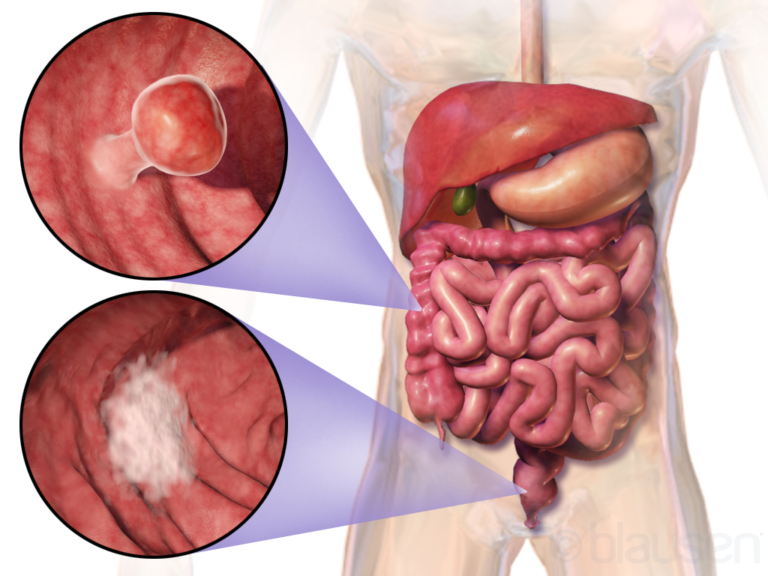Gastrointestinal Cancer In Women: Unique Risks And Symptoms
Gastrointestinal (GI) cancers encompass a range of malignancies affecting the digestive system, including the esophagus, stomach, pancreas, liver, colon, and rectum. While these cancers affect both men and women, there are certain unique risks and symptoms that women should be aware of. Understanding these distinctions is crucial for early detection, effective treatment, and improved outcomes.“Best Oncologist In Shalimar Bagh“
To Know More About It Please Click Here
Unique Risks for Women
- Hormonal Factors: Hormonal fluctuations, particularly those associated with reproductive health, can influence the risk of certain GI cancers in women. For instance, studies have suggested a potential link between estrogen exposure and an increased risk of colorectal cancer.
- Reproductive History: Women with a history of certain reproductive conditions or treatments may face higher risks. For example, those who have undergone hysterectomy or oophorectomy may have an elevated risk of colorectal cancer.
- Obesity and Metabolic Syndrome: Obesity and metabolic syndrome, which are increasingly prevalent among women, are significant risk factors for various GI cancers, including esophageal adenocarcinoma and colorectal cancer.
- Lifestyle Factors: Women who smoke or consume alcohol excessively are at a heightened risk of developing GI cancers. Additionally, dietary factors, such as low fiber intake and high red meat consumption, can contribute to the risk.
- Inflammatory Bowel Disease (IBD): Conditions like Crohn’s disease and ulcerative colitis, which predominantly affect women, significantly increase the risk of colorectal cancer. Proper management of IBD is crucial in mitigating this risk.
Symptoms to Watch Out For
- Unexplained Weight Loss: Sudden and unexplained weight loss can be a red flag for various GI cancers, including pancreatic, liver, and stomach cancer. Women should pay attention to any significant changes in their weight without changes in diet or exercise.
- Changes in Bowel Habits: Persistent changes in bowel habits, such as diarrhea, constipation, or narrowing of stools, should not be ignored, especially in women over 50. These could indicate colorectal cancer or other gastrointestinal issues.
- Abdominal Pain and Discomfort: Chronic abdominal pain, discomfort, or bloating that persists despite conventional treatment warrants medical evaluation, as it could be indicative of stomach, liver, or pancreatic cancer.
- Difficulty Swallowing: Dysphagia, or difficulty swallowing, can be a symptom of esophageal cancer. Women experiencing persistent difficulty swallowing, particularly with solid foods, should seek medical attention promptly.
- Jaundice: Yellowing of the skin and eyes, known as jaundice, can be a sign of liver or pancreatic cancer. Women should not dismiss jaundice as a benign symptom and should seek medical l evaluation promptly.
- Blood in Stool or Vomit: Any presence of blood in stool or vomit should be investigated promptly, as it can indicate various GI conditions, including colorectal, stomach, or esophageal cancer.
Conclusion
Gastrointestinal cancers pose a significant health threat to women, and understanding the unique risks and symptoms associated with these malignancies is paramount for early detection and timely intervention. By being vigilant about their health, adopting a healthy lifestyle, and seeking prompt medical attention for concerning symptoms, women can mitigate their risk and improve their chances of successful treatment outcomes. Regular screenings and consultations with healthcare professionals are essential for early detection and effective management of gastrointestinal cancers.”Best Oncologist In Shalimar Bagh”








